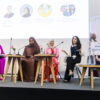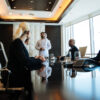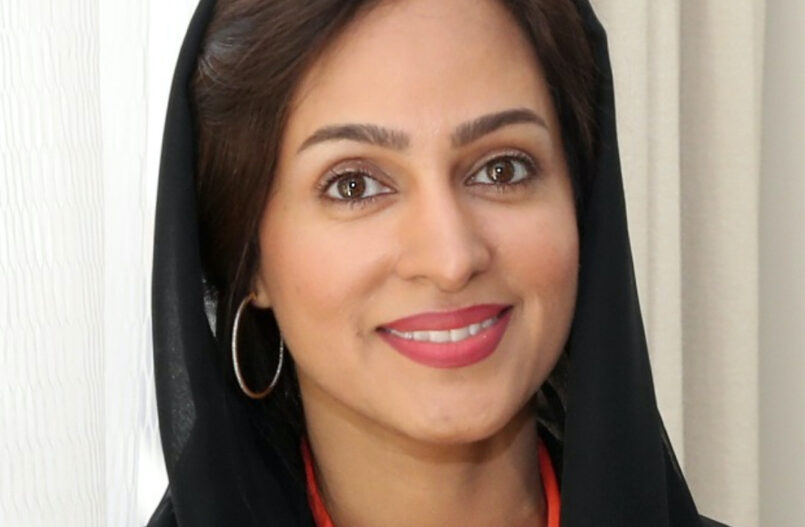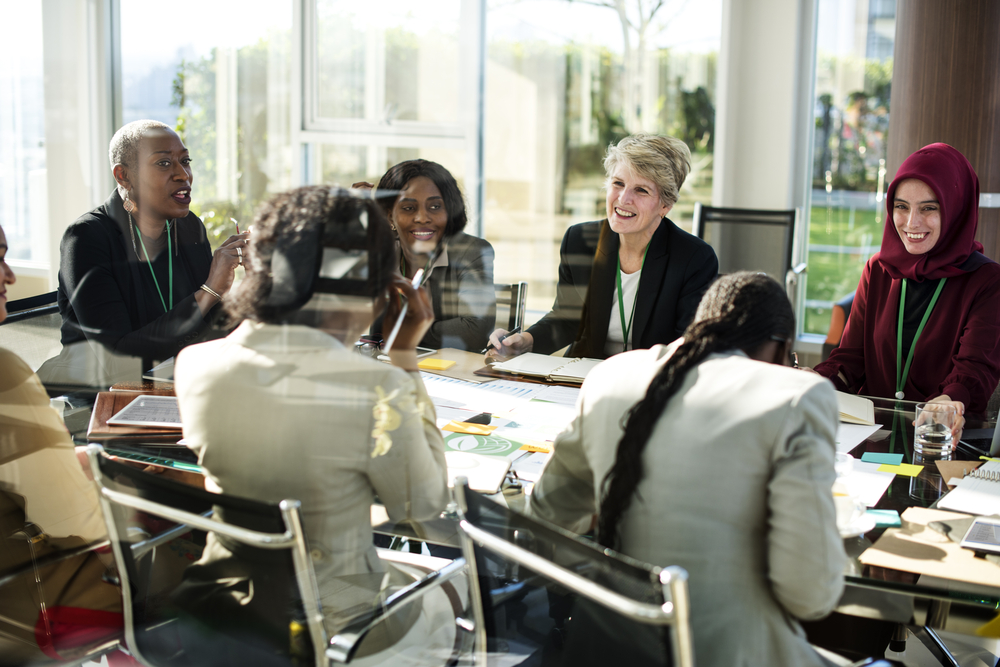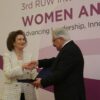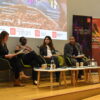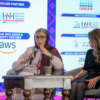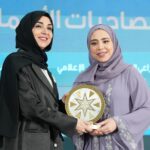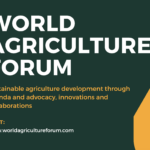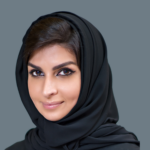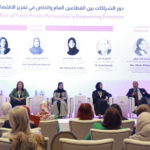In partnership with Global Partner Pfizer, AIWF was proud to follow up the substantive World Bank session with a key discussion titled Women on the Frontline in the Fight Against COVID-19 and Beyond, expertly moderated by AIWF Board Member Dr Oualae Al Alami, Vice President Cluster Lead for Pfizer, and welcoming special Keynote Guest Speakers Dr Maryam Matar, Founder & Chairperson of the UAE Genetic Diseases Association, UAE; Dr Fadi El Jardali, Professor of Health Policy and Systems at the American University of Beirut; and Dr Graciela Morales, Vice President Vaccine Lead Emerging Markets for Pfizer, who joined the session from Costa Rica.
The webinar was attended by over 250 participants from 31 different countries, including the Arab States, the US, Canada, the UK, Nigeria, Zimbabwe, India, Ghana, Kenya and Pakistan, among many other countries.
This session focused on the roles of the private sector, governments and academia in COVID response and future preparedness, calling for greater cohesion between the three and a bridging of the gap between academia, clinical practice and industry in order to advance innovation around COVID and future public health challenges. In her introduction, AIWF Founder & Chairman Haifa Al Kaylani paid tribute to “the women at the frontline of the coronavirus crisis – women in science, research, policy development, healthcare, the media, and women who are caregivers, mothers and community leaders. At this time of crisis,” she said, “women’s roles are more important than ever. We express our sincere gratitude and admiration to our healthcare professionals, teachers, parliamentarians and all those keeping our essential services running all over the world.”
Dr Al Alami highlighted that women account for 70% of health services personnel globally, are on the frontline, sometimes sacrificing their lives for patients and their families during the crisis, and yet there is a pay gap in the sector, with women earning 80% of the wages of their male counterparts. Dr Matar acknowledged the importance of having an extended familial support network who could provide women with vital psychological support through extremely challenging times. It is necessary, Dr Matar said, that women have a safety net when it comes to emotional and psychological support. She also paid tribute to the preparedness of the UAE, and noted that it had taken decades of work to build those capabilities, investment in education, and the facilitation of important public private partnerships.
Dr Morales updated on the global efforts that were underway at the time to develop a vaccine, and shared that there had been unprecedented levels of cooperation from stakeholders worldwide. The pharma industry, she said, had been working together through collaborative networks and platforms as they were “in a race against the virus”, and “this was an opportunity to recognise the collective advantage of all sectors working together and sharing knowledge.” Dr El Jardali elaborated on the need for governments to support more public-private partnerships in the pandemic response and the development of vaccines, as in times of crisis, the PPP model was at risk of breaking down. He called for the revision of PPP structural frameworks and for better regulation, especially in middle-income countries.
Additionally, with women at the forefront of the pandemic, all speakers were agreed that women need to be in the middle of emergency response and future preparedness planning. Recovery plans must include the gender lens and the world health system as a whole must rethink its approach to setting down region-wide strategies in parts of the world such as the MENA where there is no ‘one size fits all’ solution that works for the whole region given the vast social and economic differences between each of the MENA States.
Significantly, the recommendation that academia and the private sector need to be more closely interlinked to produce the best research, the best policy outcomes, and the most inclusive opportunities for women and young leaders, has recurred in several AIWF conferences on women in STEM leadership in recent years and it was a recurring point of discussion during the webinar. AIWF remains deeply grateful to Dr Oualae Al Alami and all her valued colleagues at Pfizer for their continued endorsement and support of the AIWF mission on this initiative and in all our initiatives and international outreach.

